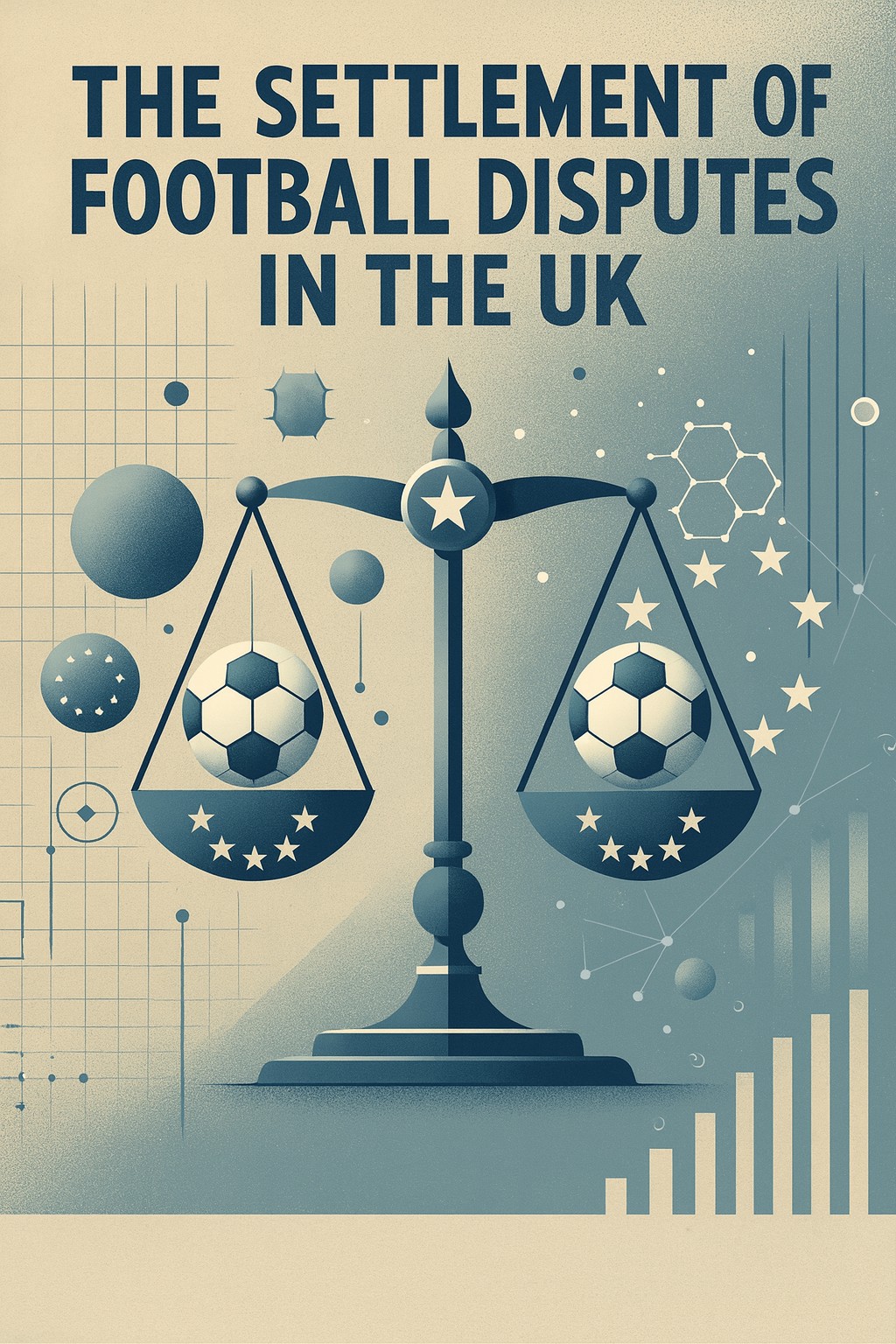THE SETTLEMENT OF FOOTBALL DISPUTES IN THE UK

Football disputes in the UK are settled through arbitration, specialist tribunals, such as the FIFA Dispute Resolution Chamber (DRC), based in Zurich, Switzerland, and the Court of Arbitration for Sport (CAS), based in Lausanne, Switzerland, and, in certain limited cases, by the UK Courts (see later).
In general, Arbitration is the usual method for settling football disputes in the UK, due to its relative speed and cheapness, as well as the expertise of specialist arbitrators.
In fact, disputes in the UK between football clubs, players and agents must be settled by arbitration under Rule K of the English Football Association (FA) Regulations, the objective of which is to keep football legal issues within the football “family”. The procedure for initiating and conducting Rule K arbitrations, as well as appointing the arbitrators, is laid down in the FA Regulations, which also provide that English law is applicable, in particular, the UK Arbitration Act 1996.
The decisions (awards) made in Rule K arbitrations are legally binding upon the parties concerned and the UK Courts will only intervene in certain circumstances, for example, if there is a serious irregularity or jurisdiction is challenged. The awards may include orders for the payment of the parties’ legal costs.
An important example of a Rule K arbitration award is the one, issued on 30 November 2023 and published on 14 December 2023, in which the FA faced a legal challenge from several football agencies regarding the implementation of the National Football Agent Regulations (NFAR). The agencies claimed that the NFAR, which mirrored the FIFA Football Agent Regulations (FFAR) in domestic transfers, infringed the UK Competition Act 1998. This challenge was partially upheld in respect of the fee cap and pro-rata payment restrictions in the NFAR. The full text of this award is available at https://www.thefa.com/news/2023/dec/14/fa-rule-k-arbitration-published-20231214, following the link.
Disputes regarding international player transfers are handled by the FIFA DRC and appeals from there lie to the CAS. Further appeals from the CAS lie to the Swiss Federal Supreme Court, but only on the five grounds, set out in Article 190(2) of the Swiss Federal Statute on Private International Law of 18 December 1987, which include lack of jurisdiction and violation of Swiss public policy.
We act in all kinds of football disputes in the UK, including Rule K arbitrations, and further information is available by emailing our International Sports Law Consultant, Prof Dr Ian Blackshaw, at blackshaw@valloni.ch.